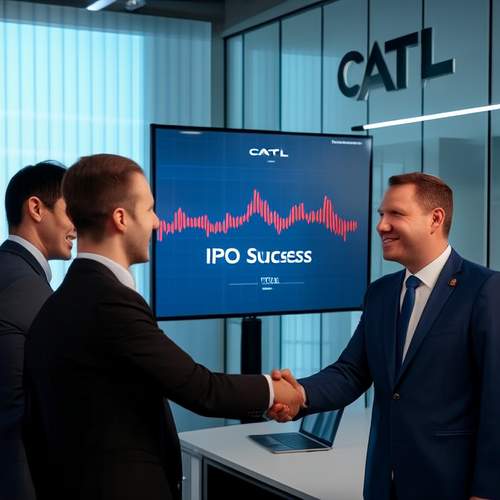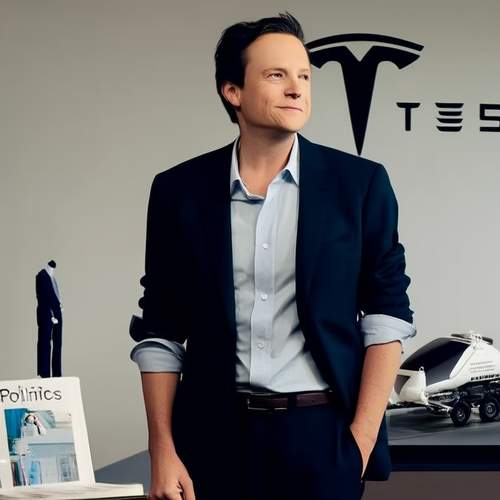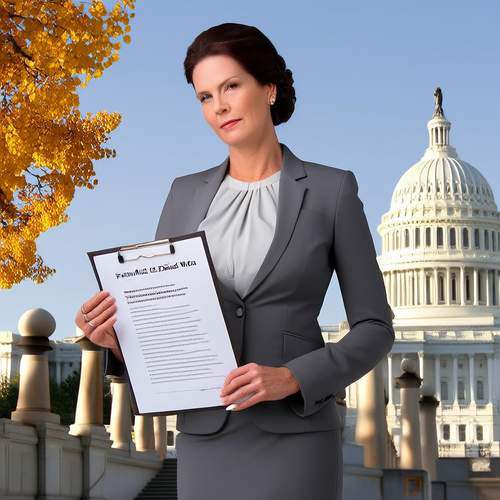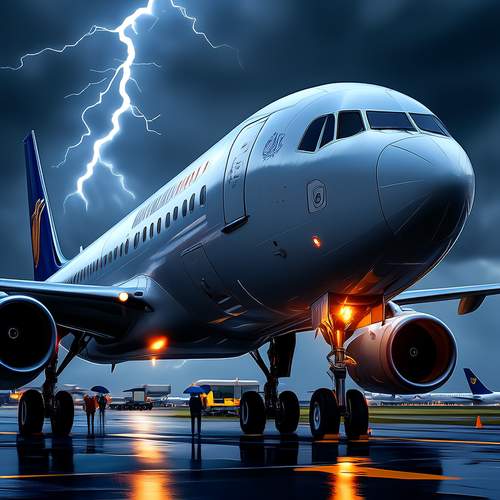This week marks a monumental moment for Comcast and the broader media industry with the grand opening of Epic Universe, the first major new theme park in the US in over two decades. Located in Orlando, Florida, Epic Universe is set to open its gates on Thursday, with fans already preparing to camp out overnight to be among the first to experience this new marvel. Comcast’s NBCUniversal has spared no effort in promoting Epic as the "most technologically advanced theme park" ever, a claim backed by an estimated $7.7 billion investment and over six years of meticulous planning and construction.
Mark Woodbury, the chair of Universal Destinations & Experiences, expressed his pride in the project, stating that Epic Universe "showcases the incredible creativity, innovation, and operational excellence of our talented teams." This launch is more than just a new set of roller coasters; it represents a strategic move by media giants to meet the growing demand for live experiences, a trend often referred to as "the experience economy."
Media analyst Rich Greenfield of Lightshed Partners highlighted this shift, noting, "People want to immerse themselves in the characters and franchises and content they love." This desire for immersive experiences is driving media companies to invest heavily in theme parks and other live attractions. Disney, the current king of theme parks, recently announced a deal to develop a new park and resort in Abu Dhabi and is also expanding its fleet of cruise ships globally. Universal, not to be outdone, has several projects in the pipeline, including a theme park in the United Kingdom set to open in 2031, a horror experience in Las Vegas, and a kids’ resort in Frisco, Texas.
The competition between media giants extends beyond streaming services into what Greenfield calls the "theme park wars." Historically, Universal’s two theme parks in Orlando have been seen as an "add-on" for tourists primarily visiting Disney’s four parks. However, Epic Universe is poised to change that dynamic. Mark Woodbury predicts that Epic will "transform Universal Orlando Resort into a full week vacation destination that delivers mind-blowing experiences for global audiences."
Disney, aware of the competitive threat, has been proactive in announcing major expansions to its Florida parks, ensuring that fans have new reasons to return in the coming years. Historically, Disney CFO Hugh Johnston noted last year that "other non-Disney parks opening in Florida have been positive for Disney bookings," suggesting that increased tourism can benefit all parties involved.
Greenfield, who had a sneak preview of Epic Universe this spring, was impressed by the vast space available for future expansion. He believes this week’s launch is just "step one to making Universal more of the destination versus the add-on." The media giant has gone all out to promote the new park, with all four hours of NBC’s "Today" show broadcast live from Epic Universe on Wednesday morning. All of Comcast’s top executives were also in Orlando for the opening ceremony, underscoring the importance of this event.
Epic Universe features a blend of NBC’s intellectual property, such as the "How to Train Your Dragon" world, and partner media brands, including The Wizarding World of Harry Potter from Warner Bros. Discovery and Super Nintendo World from Nintendo. Universal executives have highlighted the park’s advanced features, such as trackless ride systems, augmented reality, and high-resolution projections. They claim that attractions like "Harry Potter and the Battle at the Ministry" represent the company’s most impressive offerings to date.
Both Universal and Disney have relied heavily on their parks to generate profits during turbulent times in the media industry. As Comcast president Mike Cavanagh noted last month, the theme park business is unique because it "is, within media, not at all exposed to the shift in time on screens from one venue to another." In essence, parks offer the opposite of "screen time"—they bring beloved characters to life in a tangible, immersive way.
The Broader Implications of Epic Universe
The opening of Epic Universe is more than just a significant event for Comcast and Universal; it signals a broader trend in the media industry. As streaming wars continue to dominate headlines, media giants are recognizing the value of live experiences in attracting and retaining audiences. The experience economy is not just a buzzword; it represents a fundamental shift in consumer behavior, with people increasingly seeking out immersive, interactive experiences.
Epic Universe’s advanced technology and innovative attractions are designed to meet this demand head-on. The park’s trackless ride systems, augmented reality features, and high-resolution projections offer a level of immersion that traditional theme parks could only dream of. These advancements are not just about creating thrilling rides; they are about crafting a narrative that draws visitors into the worlds they love.
The competition between Universal and Disney is fierce, but it also drives innovation. Both companies are investing heavily in their parks, pushing the boundaries of what is possible in terms of technology and storytelling. This competition benefits consumers, who can look forward to increasingly sophisticated and engaging experiences.
Moreover, the opening of Epic Universe has broader implications for the tourism industry in Florida and beyond. The influx of visitors is expected to boost local economies, create jobs, and drive growth in related industries such as hospitality and retail. The ripple effects of this investment will be felt for years to come.
The Future of Theme Parks and Live Experiences
As media companies continue to invest in theme parks and live experiences, the future looks bright for this sector. The experience economy is here to stay, and companies that can successfully tap into this trend will thrive. Epic Universe is just the beginning; it represents a new frontier in the battle for live experiences.
The success of Epic Universe will likely inspire other media giants to explore similar ventures. The potential for growth in this area is vast, with opportunities to create new parks, expand existing ones, and develop innovative attractions. The key to success will be in balancing technological advancements with the timeless appeal of storytelling and immersive experiences.
For Comcast and Universal, the opening of Epic Universe is a significant milestone. It demonstrates their commitment to innovation and their understanding of the evolving needs of consumers. As they look to the future, they will need to continue to push the boundaries of what is possible, creating experiences that captivate and inspire.
The opening of Epic Universe marks a new chapter in the media industry’s focus on live experiences. It is a testament to the power of creativity, innovation, and strategic investment. As media giants continue to compete in the theme park space, the future looks promising for both companies and consumers. The experience economy is driving a new era of immersive attractions, and Epic Universe is leading the charge.

By Laura Wilson/May 22, 2025

By Sophia Lewis/May 22, 2025

By Samuel Cooper/May 22, 2025

By Christopher Harris/May 22, 2025

By Elizabeth Taylor/May 22, 2025

By Christopher Harris/May 22, 2025

By Laura Wilson/May 22, 2025

By Olivia Reed/May 22, 2025

By Grace Cox/May 22, 2025

By Grace Cox/May 22, 2025

By George Bailey/May 22, 2025

By Thomas Roberts/May 22, 2025

By William Miller/May 22, 2025

By Ryan Martin/May 22, 2025

By Samuel Cooper/May 22, 2025

By Rebecca Stewart/May 22, 2025

By Amanda Phillips/May 22, 2025

By Sarah Davis/May 22, 2025

By Rebecca Stewart/May 22, 2025

By Emma Thompson/May 22, 2025